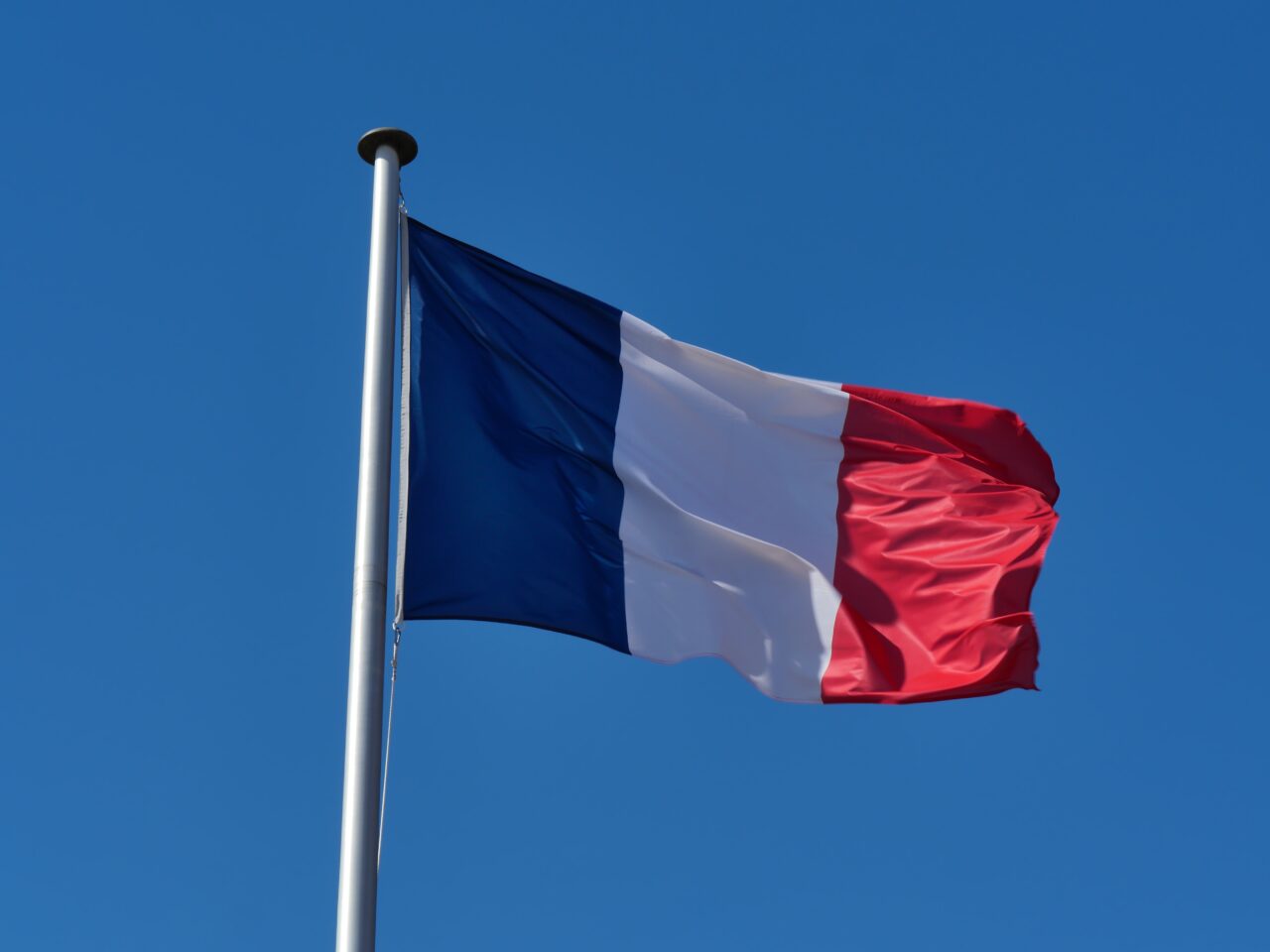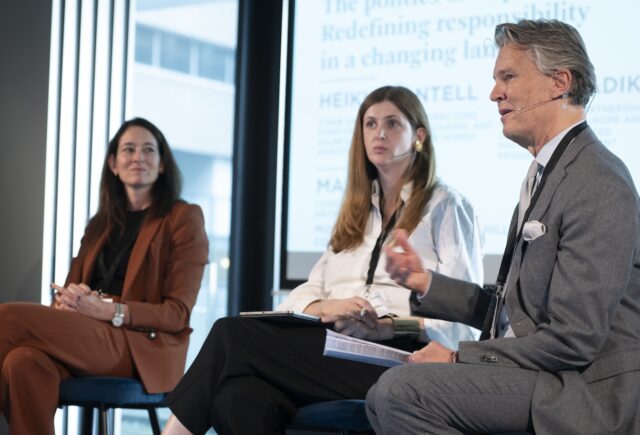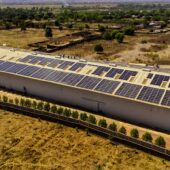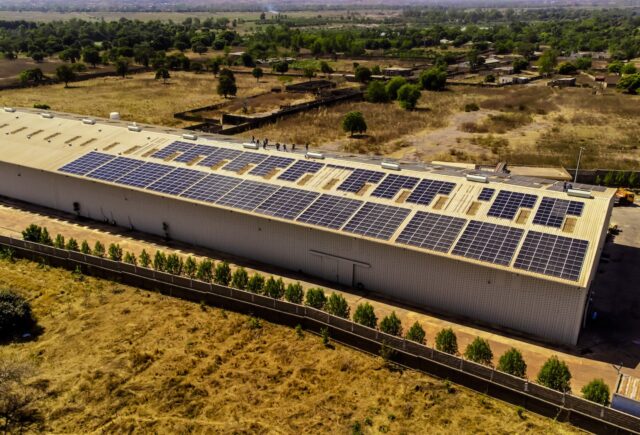The survey shows a market more oriented towards making social rather than environmental impact and seemingly confident that investing in impact does not necessarily mean big compromises on financial returns.

The first publication from National Advisory Board France reports that French impact investors in the non-listed universe tend to favour social investments over environmental ones, and that a majority don’t expect their investments to generate significantly lower returns than the wider market.
The French National Advisory Board (NAB) is led by FAIR, the French Sustainable Investment Forum (FIR) and France Invest. It is part of the growing network of national impact investing boards established under the leadership of the Global Steering Group for Impact Investing (GSG), as part of a drive to foster impact investing globally.
The Overview of the French Impact Investment Market 2023 report covers 66 players in the French impact investment market, representing €14.8bn in assets under management between them, spread across 153 investment vehicles. Around 80% of this capital is invested in impact organisations, mostly in Europe.
Socially-oriented
The survey indicates that players in the French market are especially supportive of socially-oriented organisations. Some 65% of impact investment vehicles have a main sustainable development goal (SDG) with a social focus, while 19% have a principal SDG with an environmental focus.
Around a third of impact investment vehicles prioritise impact generation, while almost two-thirds invest with the same level of impact and financial return objectives.
The report adds support to growing demands internationally that institutions should no longer treat impact investing as a strategy that generates significantly lower than market-rate returns. The French NAB said that, while 55% of the investment vehicles surveyed had lower return expectations than the overall market, only 31% expected returns to be significantly lower than the market rate. The NAB described this as a “an encouraging insight” into how players now regard the trade-off between financial return and impact.
Pension funds
The findings chime with data from the UK’s Pensions for Purpose, which showed impact investing was compatible with financial performance goals, and that this ought to pave the way for institutions such as pensions funds to make more impact-related investments.
Among other findings, the survey found that 81% of investors provided extra financial support to the companies in which they invested to help create value. This support was focused mainly on impact measurement (98%) and strategy and operationality (89%).
On impact measurement and management, for the majority of investment vehicles, investors use internationally recognised frameworks such as the PRI, the SDG Impact Standards or those produced by Impact Frontiers, or the Institute for Sustainable Finance.
The NAB said any impact created by listed assets was excluded from the report because the mechanisms for assessing it had yet to be clarified in France and Europe. It plans to work on the inclusion of listed assets in the 2024 overview.
Stakeholders
Investors surveyed were asked to report only on investments that complied with the three pillars of impact – intentionality, additionality and measurement. They also had to be carried out by teams operating primarily in France, and made directly – so, excluding investments in other investment vehicles in the non-listed universe.
The French NAB’s leading organisations cover a wide range of stakeholders in the impact sector. FAIR is a federation of more than 140 social impact finance players, including companies, asset managers, banks, business schools, individuals and NGOs.
FIR is a multi-stakeholder association, founded in 2001 to promote and develop responsible investment, that includes investors, asset managers, ESG rating agencies, consultants, trade unions, and NGOs, among others. It is also one of the founding members of the European Sustainable Investment Forum (Eurosif). France Invest includes mostly private equity teams active in France, with over 400 active members and 200 associate members.





